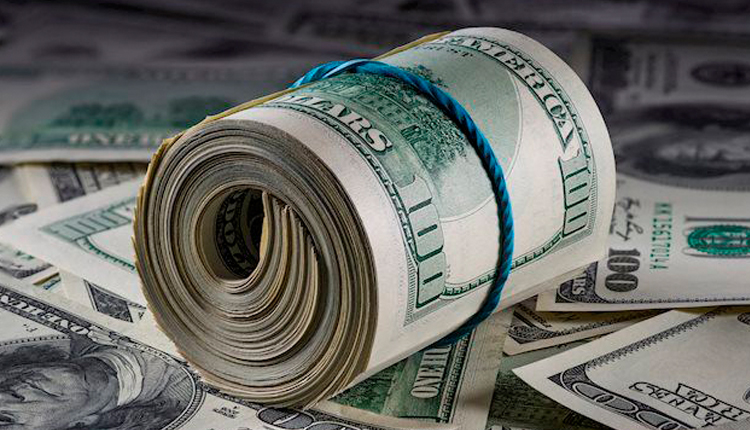The dollar traded narrowly as markets braced for a rate cut by the Federal Reserve later on Wednesday, while sterling steadied as Britain heads for an early general election the prime minister hopes will break the deadlock over Brexit.
The dollar was steady against the euro at $1.1111 and flat versus a basket of six major currencies at 97.682 as investors awaited the Fed’s interest rate decision.
Against the yen, the greenback was also little moved at 108.83 yen.
The U.S. central bank is expected to cut rates for a third time in a row when it concludes its two-day meeting on Wednesday.
“With a cut today completely priced in, markets are looking to the Fed’s stance on its policy outlook,” said Masahiro Ichikawa, senior strategist at Sumitomo Mitsui DS Asset Management.
“The Fed will probably try to avoid sounding too dovish. Its message will essentially be that while it could act in December if needed, it won’t unless there are big uncertainties on the economy.”
Optimism that Washington and Beijing would finalize the first-stage of a trade deal next month had boosted risk assets in recent days, but markets turned wary on the prospect this could be delayed.
A U.S. administration official said on Tuesday an interim trade agreement between the United States and China might not be completed in time for signing in Chile next month as expected, but that does not mean the accord is falling apart.
Meanwhile, hopes that a disorderly Brexit can still be avoided supported the pound.
Britain will hold its first December election in almost a century after Prime Minister Boris Johnson won approval from parliament on Tuesday for an early ballot aimed at breaking the deadlock over the UK leaving the European Union.
On Monday, the EU agreed to a three-month flexible delay to Britain’s departure.
The pound climbed as high as $1.2903 overnight on news that an election date was likely to be agreed but pared gains after the House of Commons approved Johnson’s bill calling for a Dec. 12 election by 438 to 20.
Cable last stood at $1.2867.
“Sterling has struggled to hold onto modest knee-jerk gains because the outcome of an election is highly uncertain,” said Ray Attrill, head of FX strategy at National Australia Bank.
Source: Reuters
